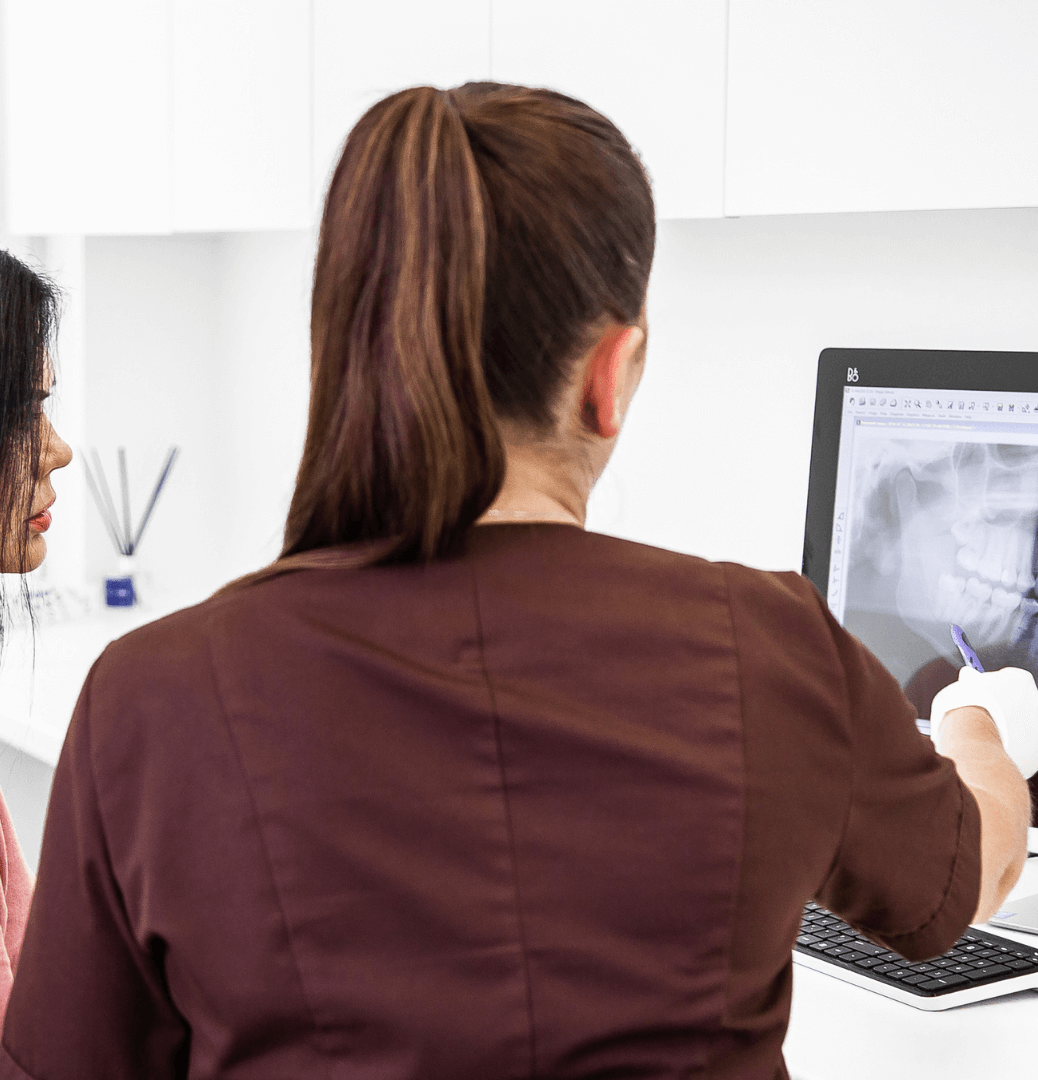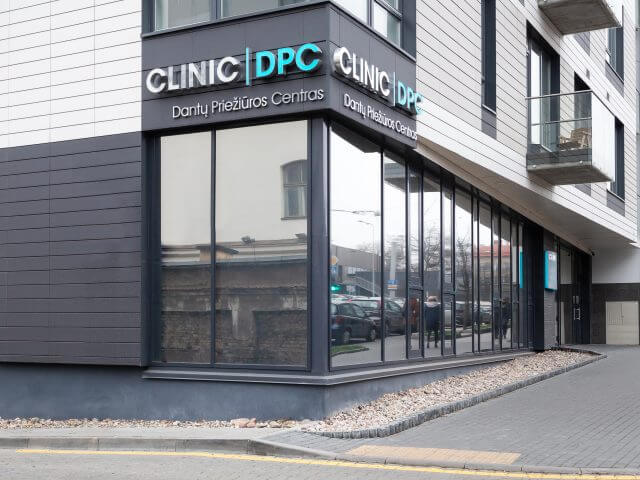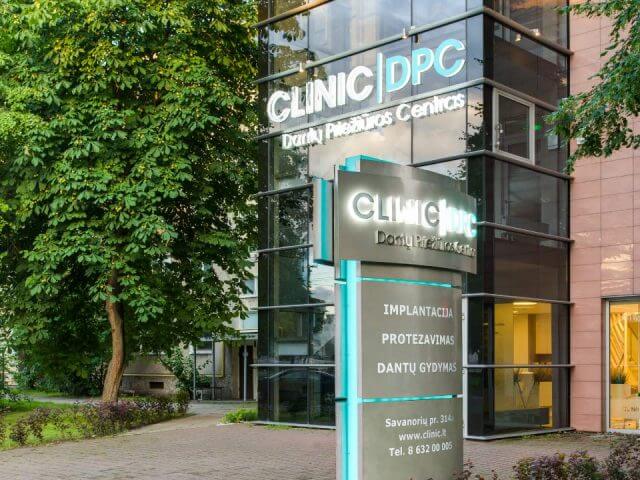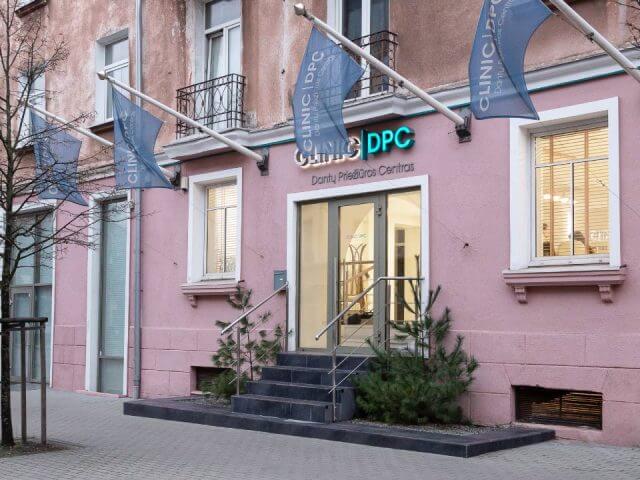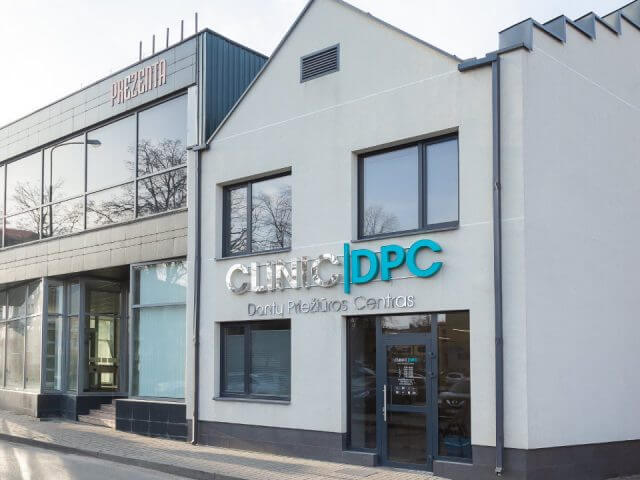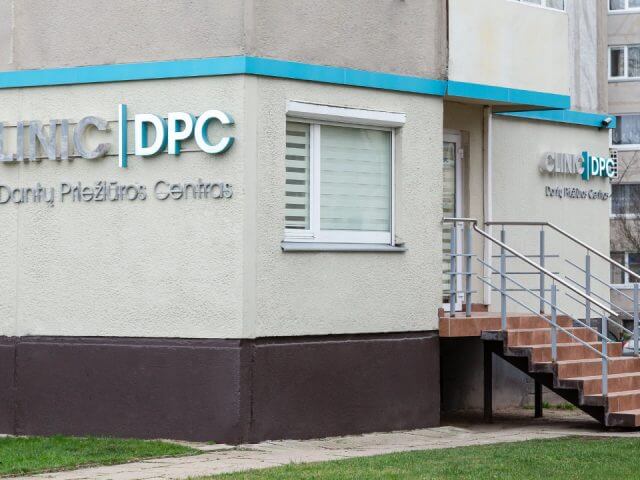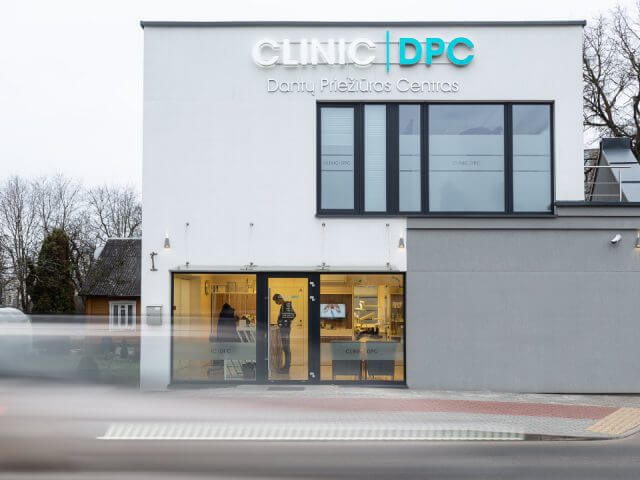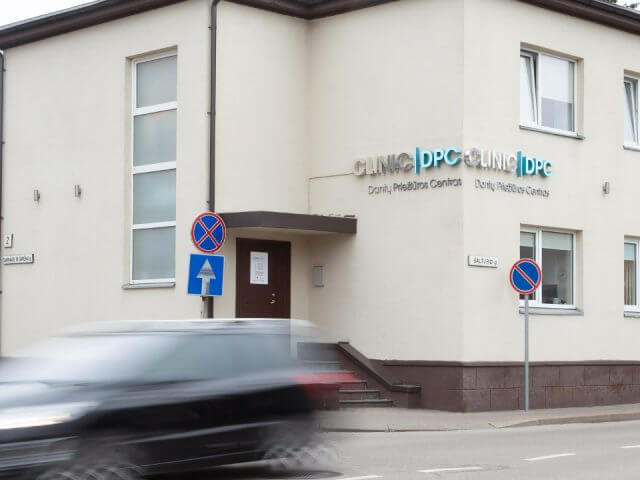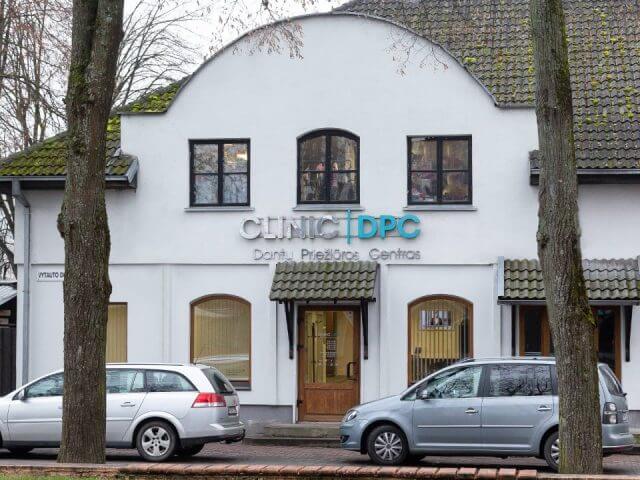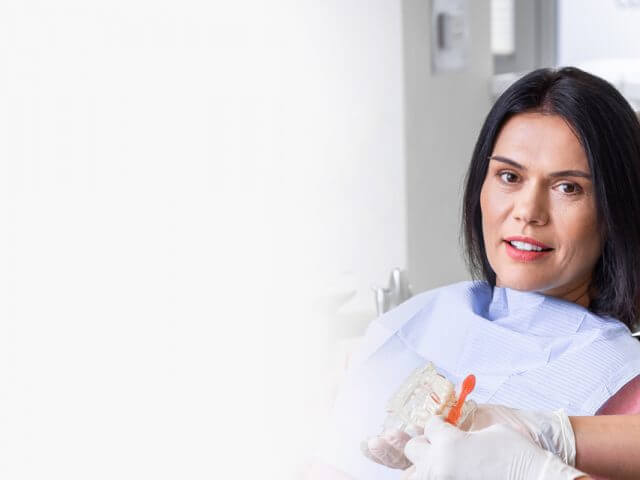What is it?
Professional oral hygiene removes soft and hard dental plaque using special instruments in the oral hygienist’s office. Dental plaque is one of the most common causes of gum inflammation, untimely caries, periodontitis (better known as periodontal disease), and early tooth loss, so it must be removed on time.
Dental and gum diseases caused by poor oral hygiene
The main cause of dental and gum diseases is poor personal oral hygiene. Diseases caused by poor oral hygiene can be prevented by regularly visiting a dentist for preventive examination, and an oral hygienist, who not only performs professional oral hygiene but also suggests the necessary tools for proper dental care at home. Incorrect food chewing, frequent consumption of soft foods and lack of salt in the body can also contribute to the onset of dental and gum diseases.
When Is Oral Hygiene Recommended?
Professional oral hygiene is recommended twice a year. Patients with implants, fixed prostheses, have to go to a hygienist every 6 months. Patients who wear dental braces should use professional oral hygiene procedures every 4 months or as recommended by the oral hygienist.
Professional oral hygiene is always performed before aesthetic filling, permanent prosthesis, and surgical interventions.
“Air-Flow” method for oral hygiene
The strong flow of air, water, and medical calcium carbonate powder quickly and painlessly clean up dental plaque. This method does not damage hard tooth tissues and gums, because the surface of the tooth is treated from a distance.
